
For up to 60% of patients with bipolar disorder, simply treating their mood symptoms is not enough to help them return to a full life.


For up to 60% of patients with bipolar disorder, simply treating their mood symptoms is not enough to help them return to a full life.
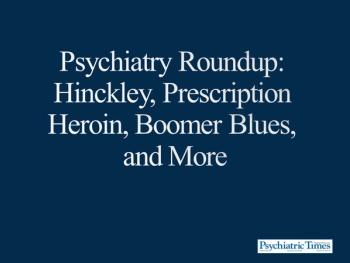
John Hinckley's release after a 35-year stint in a psychiatric facility, legalized heroin, older patients facing depression alone. These stories and more in this month's roundup.

The latest updates in geriatric psychiatry.
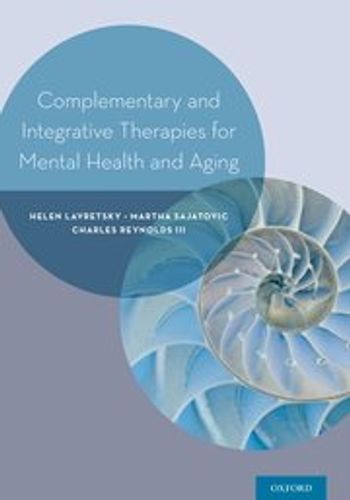
There is a paucity of information on complementary and integrative therapies, especially when they pertain to the topic of mental health and aging. But that's all changed.

This article sheds light on the strengths and weaknesses of various approaches to TRD management in adults 60 years and older.

Depression can be accompanied by cognitive symptoms, but the nature of the relationship between these symptom categories is multifaceted.

When treating psychosis, dementia, addiction, and other psychiatric illnesses in older patients, clinicians must be prepared for a multitude of scenarios.

Therapeutic techniques can enhance psychological resilience and may help patients improve their quality of life. Here's how.

When agitation and psychosis symptoms are severe, is an antipsychotic medication an option? Not always.

With aging, a multitude of medical conditions can occur and/or existing conditions can be exacerbated, contributing causally to or amplifying neuropsychiatric comorbidities.

The latest research on the global risk of Alzheimer disease and other dementias.

A quick guide to common neurodevelopmental conditions and their associated late-life neuropsychiatric manifestations.

This article reviews the different categories of elder abuse, emphasizing the role and requirements for psychiatrists, with a focus on financial elder abuse.
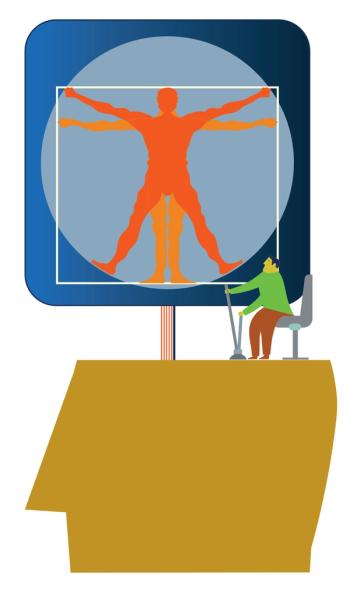
It is important to recognize and document the abilities and deficits of a patient in order to determine capacity.

This article reviews a wide array of medicolegal, risk management, regulatory, and forensic mental health issues in the older population, which is growing at an accelerated rate.

This article focuses primarily on the issues facing a psychiatrist who has been retained as an expert witness in a will or trust contest involving claims of a lack of capacity.

Comorbid medical symptoms, polypharmacy, and cognitive decline are hallmarks of depression in the fastest growing segment of the population.
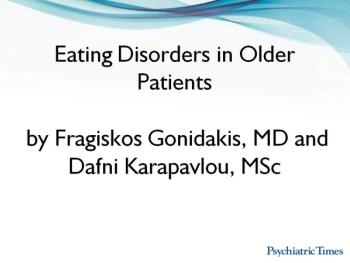
Eating disorders can frequently be unrecognized or masked behind medical conditions, depression, or the natural changes of aging.

Sleep disorders represent a significant problem in patients with Alzheimer disease. Here: assessment strategies and a review of drug and non-drug interventions.

Do cholinesterase inhibitors lead to weight loss in older adults with dementia? Here's a wrap up of a large study of patients in a real-world setting who had newly started these medications.
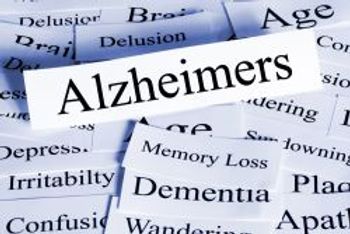
The clock drawing test is useful for diagnosing dementia, but can it differentiate Alzheimer disease (AD) from other forms of dementia?

With an aging population and subsequent predicted increase in incidence of Alzheimer disease, identifying early markers and interventions is on the fast track. Will sleep be the key?

The cultural aspects of treating patients are similar for all age-groups, but certain themes have greater relevance with the elderly.

Many of us are seeing patients who have been prescribed potentially addicting medication by another physician, and our level of vigilance needs to be high.
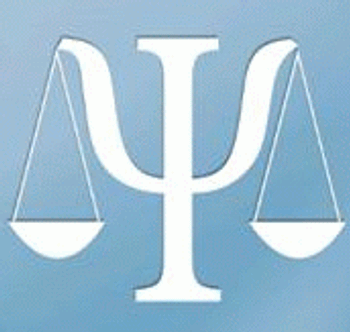
What is the most common problem in individuals with dementia?